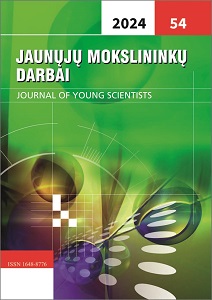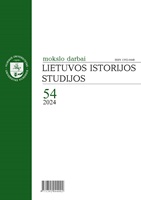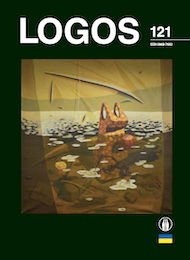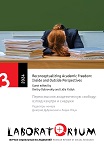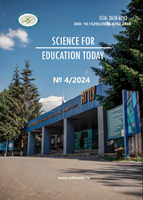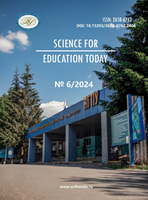Author(s): Olga A. Denisova,Olga L. Lekhanova,Marina A. Kudaka,Tatyana V. Gudina / Language(s): Russian
Issue: 6/2024
Introduction. The research problem of this study is to describe the options and specifics of existing requests for psychological, educational and clinical psychological support for people with disabilities entering the university and to summarize the data obtained on the launch of support mechanisms at the university. The purpose of the article is to identify and describe the variables in the existing variants of requests for psychological, educational and clinical psychological support for people with disabilities entering the university. Materials and Methods. The research is based on cultural, historical and activity-based approaches, as well as existing scholarly data on the peculiarities of personal and professional development of people with disabilities and information from special education and psychology on psychological, educational, medical and social support for people with special education needs. The study employs empirical and interpretative methods, including testing using the tools of ‘perspektiva-pro’ information regional portal, a survey of applicants with disabilities developed by the Resource training and methodological centers of higher education network and posted on the allRussian portal ‘InclusiveEducation.rf’, analysis of statistical data using the dichotomous Pearson correlation coefficient (φ). The study involved 317 university applicants, school and intermediate vocational school leavers, who have a confirmed status of a person with a disability. The age range of the participants was between 18 to 23 years old, including 140 male and 177 female applying or planning to enter Cherepovets State University or partner universities of the Northwestern Federal District in academic years 2022-2024. Results. The authors found out that the variability of the characteristics of requests for psychological, educational and clinical psychological support for individuals with disabilities entering the university is largely determined by the nosology of the disorder, the degree of limitations of vital functions and the gender of the applicant. The more pronounced are the violations, the more difficult are the perception and processing of information, the more specific and ambitious are the expectations from the university. Moreover, these expectations are more pronounced in male applicants than in female ones. The study determined that the option of requesting support slightly depends on the region, age, previous level of education (school, intermediate vocational school). Psychological, educational, clinical and psychological support for people with disabilities entering the university can be carried out effectively only by a multidisciplinary team, the main result of which is information assistance in defining a professional trajectory aimed at acquiring a profession that promotes health preservation and an independent lifestyle, overcoming disabling attitudes capable of resisting elements of segregation. Conclusions. The article describes the variables included in the structure of existing options for requests for psychological, educational and clinical psychological support for individuals with disabilities entering the university. Based on the findings, the mechanisms for supporting disabled people entering the university were revealed.
More...

